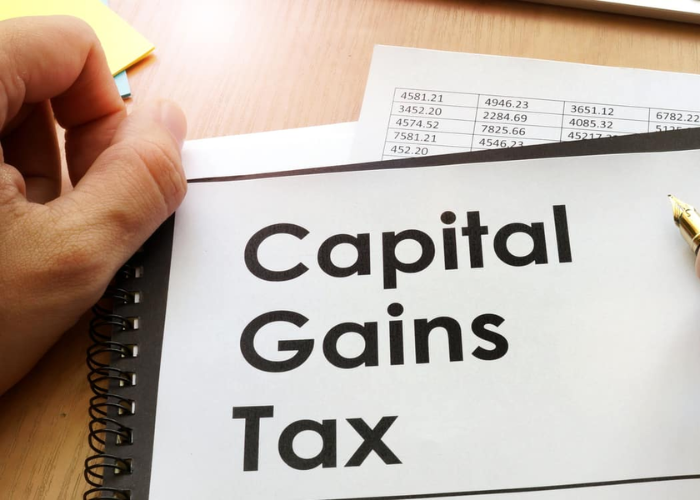Capital Gains Tax is the levy imposed on the profit realized from selling certain assets, such as real estate or stocks. When you sell a property for more than you paid, the difference between the purchase and selling prices is considered a capital gain. This gain is subject to taxation, and the tax rate is based on your income and how long you held the property. When selling your property, you must understand everything about Capital Gains Tax. At some point, you can consider Avoiding Capital Gains Tax when selling your property. Read the following things to help you in getting the best results.
When Is CGT Payable?
Capital Gains Tax can be paid when you sell any property that is not your main residence or an investment property. The time you owned the property before selling it can influence the tax rate. Properties for longer periods often qualify for lower tax rates, incentivizing long-term investments.
Primary Residence Exemption
- One of the ways to reduce or avoid Capital Gains Tax is by using the primary residence exemption.
- This exemption would make you exclude a portion of the capital gain if the property being sold was your primary residence for a certain period.
- However, rules regarding the duration of ownership and residence vary by jurisdiction.
1031 Exchange
- This provision enables you to invest again in the proceeds from the sale of the property on a similar property, thereby deferring the capital gains tax.
- Following the specific guidelines and completing the exchange within the designated time frames is crucial.
Live Tax-Advantaged Accounts
- Certain tax-advantaged accounts, such as retirement accounts like an Individual Retirement Account (IRA), offer opportunities to avoid Capital Gains Tax.
- Directing the proceeds from a property sale into these accounts allows you to defer taxation until you withdraw the funds in retirement.
- However, there are contribution limits and eligibility criteria to consider.
Consult a Tax Professional
- Handling the complexities of Capital Gains Tax requires expert guidance.
- Consulting a tax professional is prudent to ensure you make the best financial decisions.
- Tax professionals can provide personalized advice based on your circumstances, helping you strategize ways to minimize Capital Gains Tax liabilities.
Choosing the right tax professional can significantly impact your CGT-saving efforts. Look for professionals with a strong track record in real estate taxation. Their experience will prove their ability to understand things about property transactions. Enrolled agents, certified public accountants (CPAs), and tax attorneys are qualified experts. Check their credentials to ensure they have the necessary knowledge. Read reviews, ask for referrals, and research their reputation within the industry. A respected professional is more likely to provide sound advice. Clear communication is essential. Your tax professional should be able to explain complex concepts in understandable terms and be attentive to your concerns. Tax strategies should be tailored to your unique financial goals. Avoid professionals offering generic solutions. These are the few things you should consider if you need the Avoiding Capital Gains Tax when selling your property.




